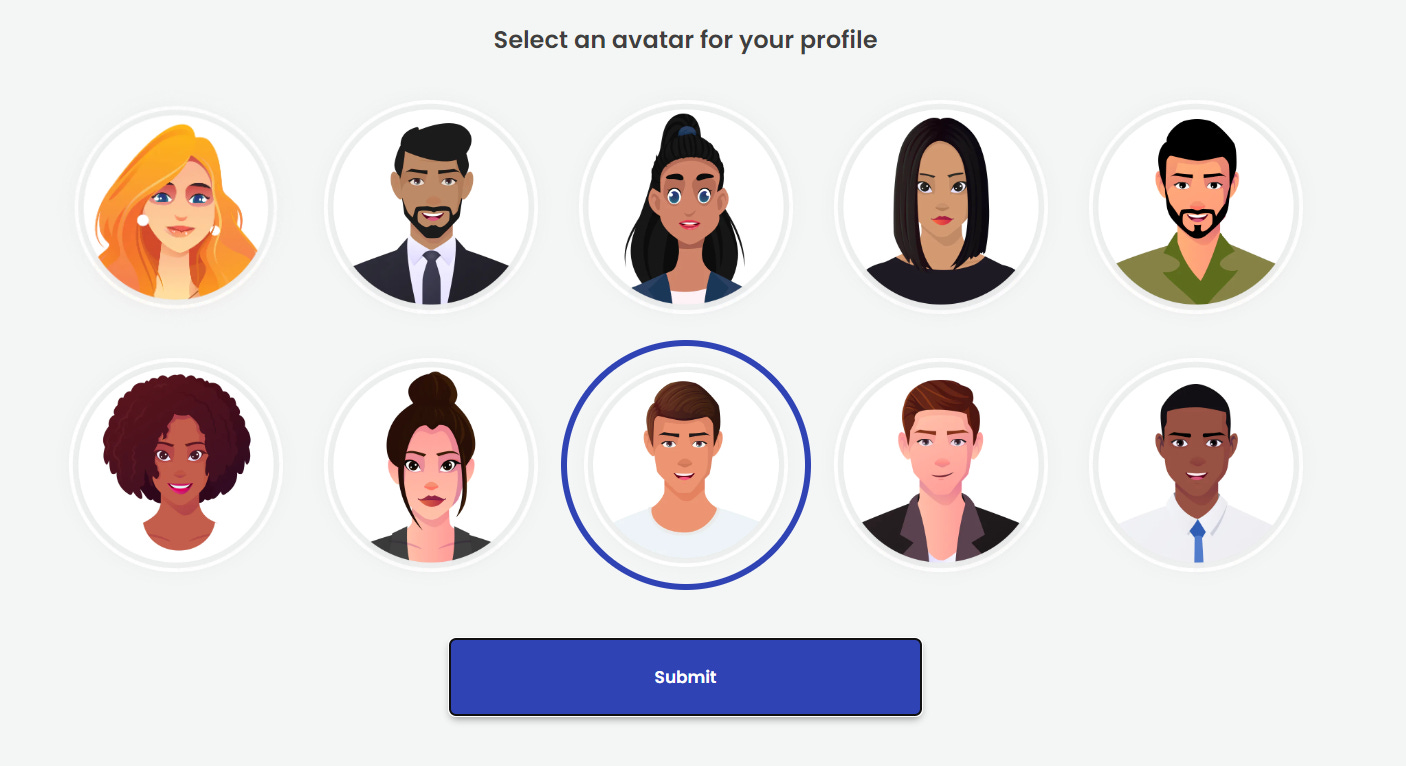Could You Immigrate to the U.S.? Play The Green Card Game to Find Out
Spoiler: Probably not
Today the Cato Institute released The Green Card Game, a free online interactive game where players attempt to go through the legal immigration system. Click on the link to play. After you click on the link, you select an avatar, enter a name, and choose your biographical information, which includes your occupation, country of birth, and other characteristics.
You can even ask the game to auto-populate a random biography. The game uses your entered information to create a passport for your character. Then you are ready to start answering questions to attempt to immigrate to the United States legally.
If you get stuck, click the “Attorney” button for advice. But beware, you may run up a sizeable legal bill (it’s fake money, Cato won’t send you a bill). If you want to ask the government for advice, click “Bureaucrat” to experience the thrill of getting government advice. Don’t be surprised if he gives you the run-around or is out to lunch.
If you answer the questions correctly and have suitable personal characteristics, you can get a green card and then take the citizenship test. You’ll be denied if you answer the questions poorly, have unsuitable personal characteristics according to immigration law, or don’t qualify for a green card.
The Green Card Game is an unusual product for the Cato Institute, but we decided to take a chance and make it for several reasons. First, we hypothesize that many people oppose immigration liberalization because they don’t know how complex and restrictive the immigration system is. Many years ago, I spoke to a conservative audience in Arizona about immigration. Afterward, an elderly woman asked, “I understand the benefits of immigration, but why don’t the illegals just go to the Post Office to register and become legal? What are they hiding?”
Those questions are reasonable if you know nothing about the legal immigration system. Her question was spurred by ignorance, not by malice. As a result, we’ve identified ignorance of the actual laws as a significant problem in liberalizing immigration. Just imagine how hard it would be to talk about tax policy with someone who doesn’t know that the U.S. has an income tax or even what it is. That’s about where we are in terms of the immigration debate. Our game will teach people some of the basic facts so we can then have a better discussion.
Second, gamification can enhance learning. We produce great policy research at Cato, but only some people want to read blog posts, research papers, listen to an event with experts, delve into policy podcasts, or enjoy our other scholarly content. Some people, even members of Congress, want to learn on the go, and a game like this is a great way to learn that the legal immigration system is complex and restrictive. Daniel Gross, in an interview with Tyler Cowen, hinted that games have incredible potential to teach people because they combine fun with a lesson. We wanted to try this method.
Third, The Green Card game is also a way to introduce players to short snippets of Cato’s scholarly research on immigration. Fact bubbles at the bottom of the main player screen display a fact or finding from Cato’s immigration research along with a link to the research. Curious players can follow the link to read the entire piece.
Fourth, we hope The Green Card Game will allow teachers and students to learn about an important area of American law and policy. Immigration has been among the most contentious and debated policy issues for the last decade. Students will be interested in the topic, and teachers are looking for neutral ways to teach about the immigration system.
Although we at Cato have strong opinions about what immigration policy should be, this game doesn't hit you over the head with our position. It teaches how the system functions, which is accurate and should be enough to convince most people to favor liberalization. There are even info bubbles by each question that tell you which statutes informed each question – a great tool for research.
How Should You Play?
There are several ways to play The Green Card Game. For American players, I recommend starting by playing as yourself. Create a character with your age, education level, occupation, income, savings, and family with one critical change: Choose to be from another country. Many of us won the birth lottery by being born in the United States. See if you could have come here legally if you lost that lottery, but all else remained the same.
Another way to play is to enter the name of an ancestor. Pick a relative when they immigrated to the United States and choose their level of education, occupation, and country of origin. If they’re from the Austro-Hungarian Empire, you’ve got a choice of countries. See if your ancestor could come to the United States legally today.
You could also play as a living immigrant family member or friend. Enter their biographical information best as possible and get a sense of what they went through to come here. At a minimum, it will give you a new respect for what they went through to become an American. You could even share the game with them to see if you could conjure any memories in them.
If you already have a strong opinion about immigration policy, try to create an immigrant character whom you think should be admitted or who absolutely should NOT be admitted. See if you can guide this individual through the legal immigration system. Use the result as evidence for whichever position you hold.
Relatedly, recreate the biographies of exceptional immigrant individuals like Andrew Carnegie, Katalin Karikó, Albert Einstein, Geisha Williams, John von Neumann, Qian Xuesen, Oscar de la Renta, or others to see whether they'd be able to immigrate legally. Some of them may be able to. Others wouldn’t. You could also choose the “stereotypical” immigrant from your perspective, especially an illegal immigrant, and see if that person can come legally. You’ll quickly understand why people pay smugglers to cross deserts instead of wasting their time on a legal system that often prevents them from even applying in the first place.
If you’re not an American and want to come to the United States, try the game but do not take it as legal advice. The Green Card Game sticks closely to what the immigration laws and regulations are in 2023, but we had to simplify some portions to make it playable. Yes, you read that correctly: The game is a simplified version of the real legal immigration system. To repeat, The Green Card Game is not legal advice and should not be taken as such. Consult an attorney if you want legal advice on immigrating to the United States, do not consult an online game . . . obviously.
Play the game, share it on social media and with your friends, and let us know what you think.











Yap
Yap